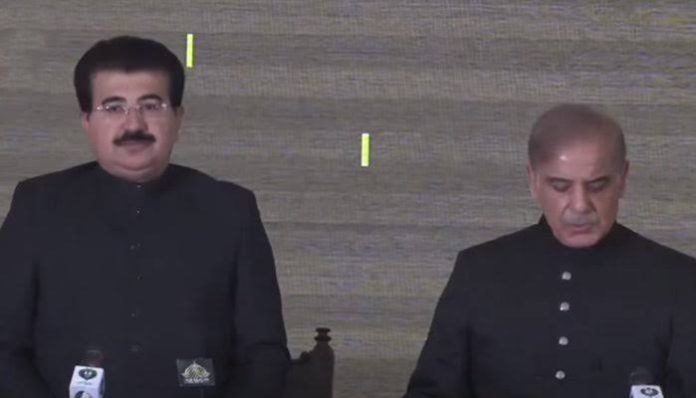Shehbaz Sharif’s return to office as Pakistan’s Prime Minister for the second time marks a significant moment in the country’s political landscape. As a prominent leader of the Pakistan Muslim League-Nawaz (PML-N) party, his inauguration ceremony, held at the President House and administered by President Arif Alvi, was attended by key figures, including his brother Nawaz Sharif, demonstrating the party’s unity and support.
Immediately after taking office, Shehbaz Sharif wasted no time in addressing the pressing challenges facing Pakistan. One of his primary goals is to lead the country into the prestigious G20 group of nations by 2030. This ambitious aim underscores his commitment to positioning Pakistan as a significant player on the global stage and aligning its economic policies with those of the world’s largest economies.
Shehbaz Sharif’s landslide victory in the election reflects the trust and confidence placed in him by the Pakistani electorate. His platform, centered on tackling economic issues and promoting self-sufficiency, resonated with voters who are eager for stable leadership and tangible solutions to their everyday struggles.
As Prime Minister, Shehbaz Sharif faces a myriad of challenges, including economic instability, security concerns, and social development. His success in navigating these hurdles will be crucial in fulfilling his promises to the Pakistani people and steering the country towards prosperity.
With a clear vision for the future and a mandate from the people, Shehbaz Sharif’s leadership holds the potential to usher in a new era of growth and stability for Pakistan. However, the road ahead will undoubtedly be fraught with obstacles, requiring astute decision-making, collaboration with stakeholders, and a steadfast commitment to progress.


